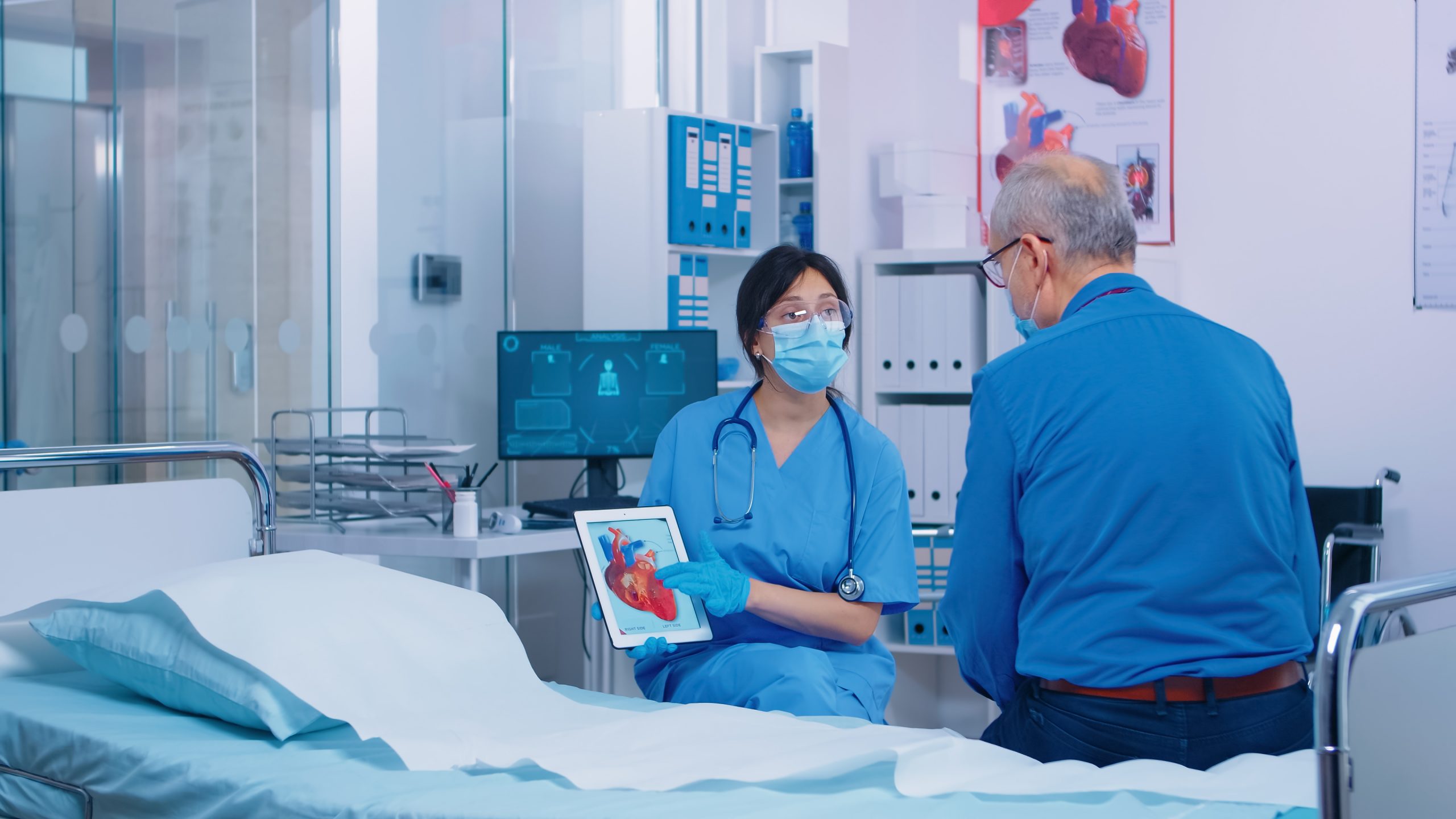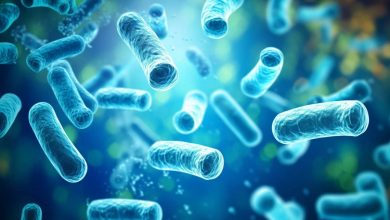Study: Singing supports stroke rehabilitation
دراسة: الغناء يساعد في إعادة تأهيل مرضى السكتة الدماغية
Science Daily
Helsinki: Language function and the psychosocial wellbeing of patients and their families can be promoted with singing-based rehabilitation. Group intervention provides opportunities for peer support while being simultaneously cost effective.
Approximately 40% of stroke survivors experience aphasia, a difficulty to comprehend or produce spoken or written language caused by a cerebrovascular accident. In half of these cases the language impairment still persists one year post-stroke. Aphasia has wide-ranging effects on the ability to function and quality of life of stroke survivors and easily leads to social isolation.
According to a recent study conducted at the University of Helsinki, singing-based group rehabilitation can support communication and speech production of patients and increase social activity even at the chronic phase of stroke. The burden experienced among the family caregivers participating in the study also decreased notably.
“Our study is the first where caregivers participated in rehabilitation and their psychological wellbeing was evaluated,” says Postdoctoral Researcher Sini-Tuuli Siponkoski.
Versatile use of music supports recovery
Previous research has established that the ability to sing can be retained even in severe aphasia. However, the use of singing, especially choral singing, in aphasia rehabilitation has not been widely studied.
“Our study utilised a wide variety of singing elements, such as choral singing, melodic intonation therapy and tablet-assisted singing training,” clarifies Doctoral Researcher Anni Pitkäniemi.
In melodic intonation therapy, speech production is practised gradually by utilising melody and rhythm to progress from singing towards speech production.
In the study, rehabilitation sessions were led by a trained music therapist and a trained choir conductor.
New and effective forms of rehabilitation needed
In addition to speech therapy, melodic intonation therapy has been used to some extent in aphasia rehabilitation. Therapy has typically been implemented as individual therapy, requiring a great deal of resources.
According to the researchers, singing-based group rehabilitation should be utilised in healthcare as part of aphasia rehabilitation.
“In addition to training in speech production, group-based rehabilitation provides an excellent opportunity for peer support both for the patients and their families,” says Sini-Tuuli Siponkoski.
قنا
هلسنكي: كشفت دراسة جديدة لباحثين من جامعة /هلسنكي/ في فنلندا، أن الغناء يساعد في إعادة تأهيل مرضى السكتة الدماغية واستعادة القدرة على الكلام والفهم.
ولمعرفة نتائج الدراسة أجرى الباحثون جلسات إعادة تأهيل لمرضى السكتة الدماغية بحضور خبراء في العلاج بالموسيقى.
وأكد الباحثون ضرورة استخدام برامج التأهيل القائمة على الغناء في مجال الرعاية الصحية بالنسبة لمن يعانون من صعوبات في الكلام أو فهم اللغة.
وقالت الباحثة أني بيتكانيمي سيبونكوسكي من الجامعة “الدراسة استخدمت ألوانا مختلفة من الغناء مثل الكورال والألحان وبرامج التدريب على الغناء بواسطة تطبيقات الكمبيوتر”.
وتابعت “بالإضافة إلى التدريبات على إنتاج اللغة، توفر برامج إعادة التأهيل فرصة ممتازة لمعاونة المرضى وعائلاتهم على التعافي بعد حوادث الإصابة بالسكتات الدماغية”.
يذكر أن 40 بالمئة من المرضى المصابين بالسكتة الدماغية يعانون بعد إسعافهم من صعوبات في القدرة على الفهم والكلام سواء بالنسبة للغة المكتوبة أو المسموعة، وفي نصف هذه الحالات تستمر هذه المشكلة لمدة عام بعد الإصابة بالسكتة.




